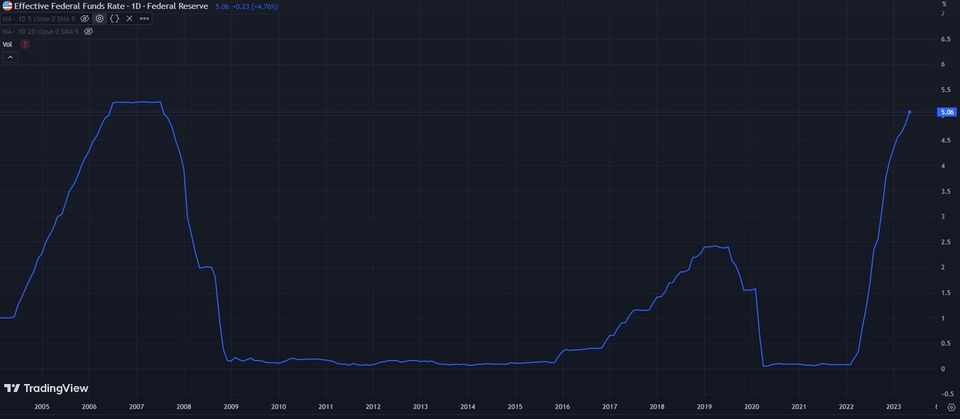Maximizing Returns and Minimizing Risk with Excess Cash

It's a great position to be in when you have some extra cash on hand with short-term treasury rates currently around 5%.
Before getting into options of where to park short-term cash, keep an appropriate amount of money in your checking account. It ensures that you have enough to cover your day-to-day expenses. A good rule of thumb is to maintain at least three to six months of living expenses in your checking account for unexpected emergencies or expenses.
Here are a few options for putting your excess cash to work. Please keep in mind none of these options are completely risk free.
- High-Yield Savings Account: These accounts typically offer higher interest rates than traditional savings accounts, allowing your money to grow over time. It's worth checking the current rates your bank offers. While the returns may not be as high as other investment options, high-yield savings accounts provide a safer and easily accessible place to store your cash.
- Certificate of Deposit (CD): CDs are time-based deposits where you agree to leave your money with the bank for a fixed period, typically ranging from a few months to several years. In return, the bank offers you a higher interest rate than a regular savings account. CDs are considered low-risk investments, but you won't be able to access your money until the CD matures, so make sure you won't need immediate access to those funds.
- Government Treasury Bills: Short Duration Treasury Bill ETFs and government-issued bills can provide stable returns and are highly liquid, meaning you can easily buy or sell them. I like to keep the maturity three months or less for excess cash to minimize interest rate, market, and duration risk.
While considering your options, take tax implications into account. The interest earned on high-yield savings accounts, CDs, and government bonds is generally taxable. It's a good idea to consult with a tax professional.
Always align your investment choices with your personal financial goals. Understanding your objectives will help you determine the right investment strategy for excess cash.
The opinions expressed are for informational purposes only and should not be considered advice; individual circumstances may vary, seek professional guidance before making any financial decisions.
